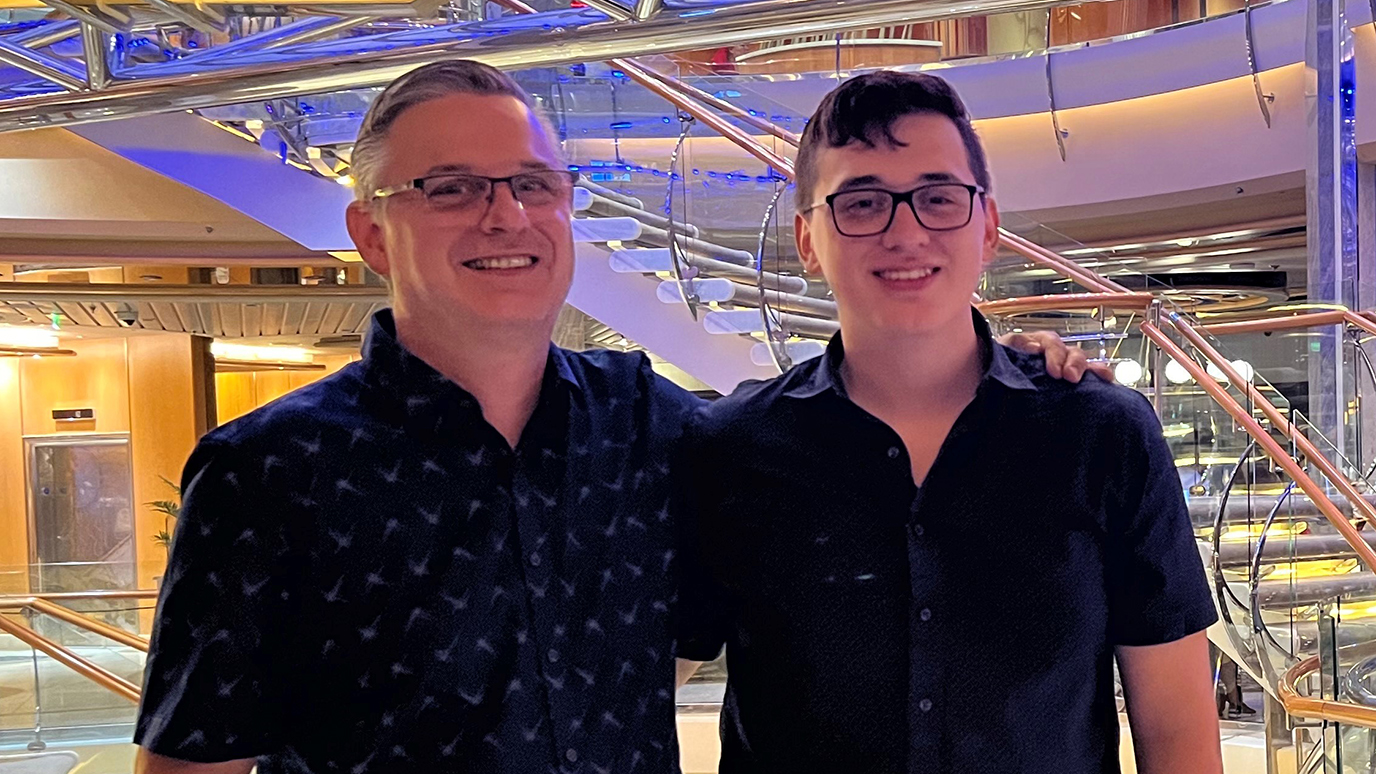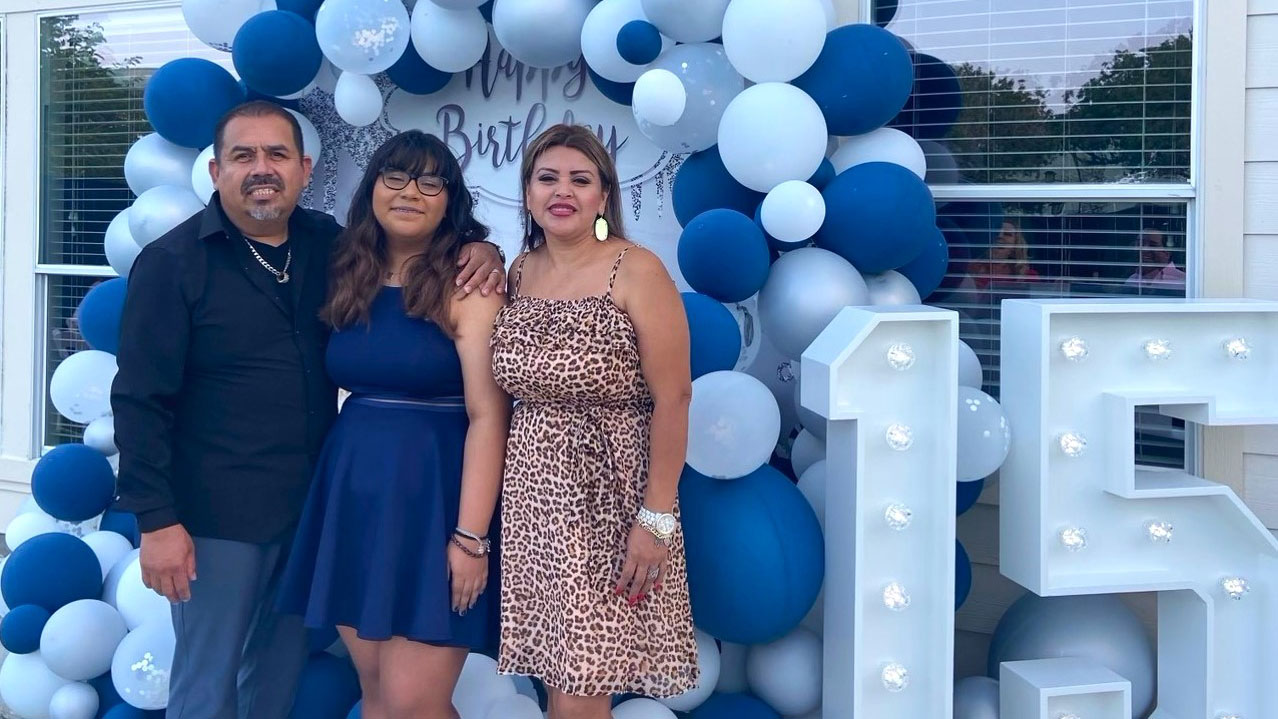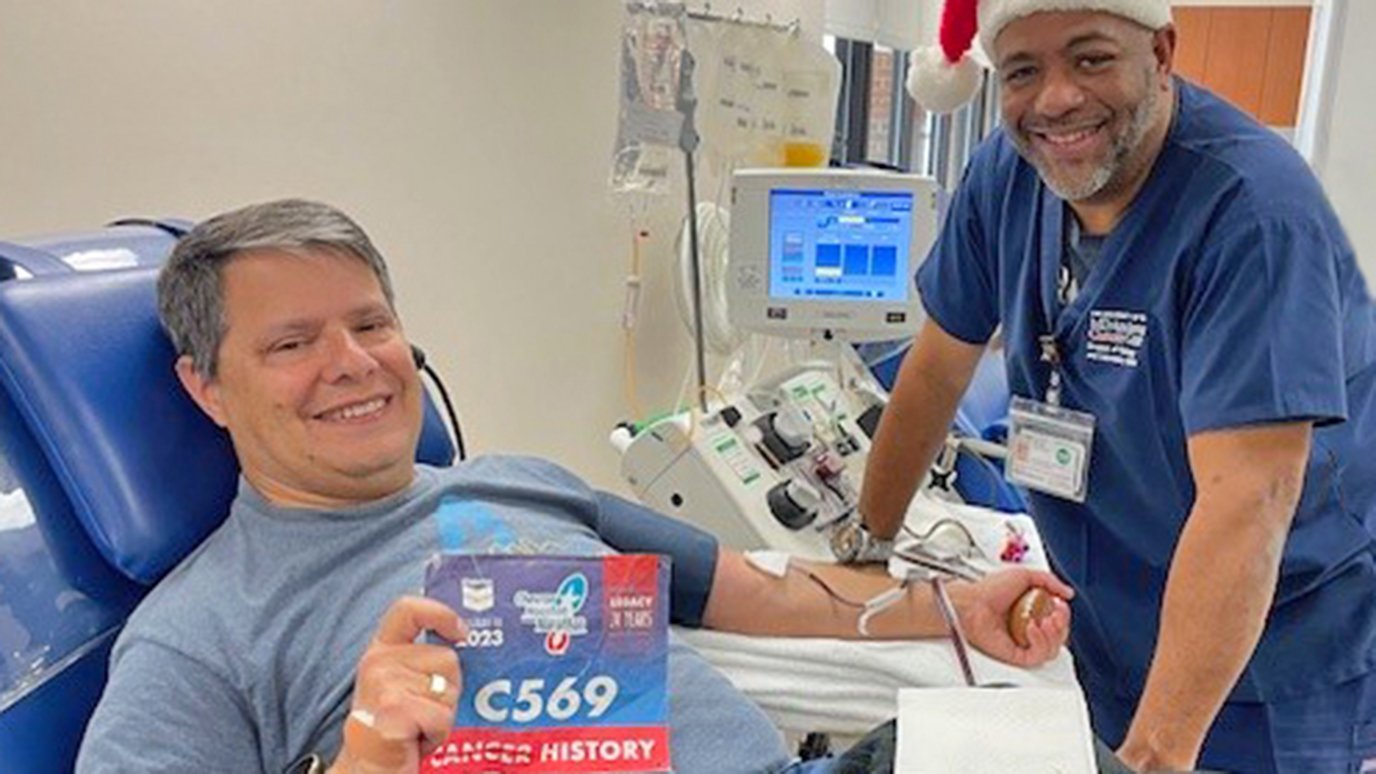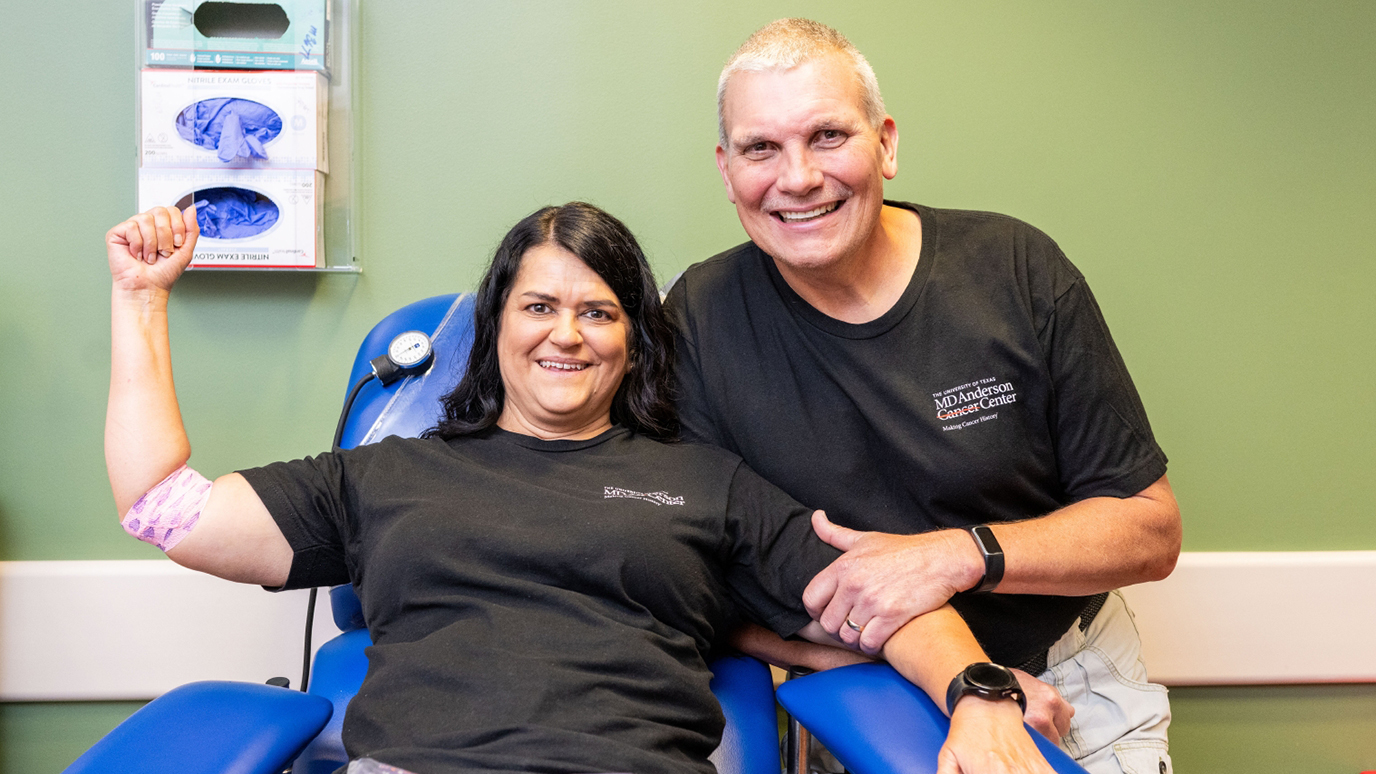- Diseases
- Acoustic Neuroma (14)
- Adrenal Gland Tumor (24)
- Anal Cancer (66)
- Anemia (2)
- Appendix Cancer (16)
- Bile Duct Cancer (26)
- Bladder Cancer (68)
- Brain Metastases (28)
- Brain Tumor (230)
- Breast Cancer (718)
- Breast Implant-Associated Anaplastic Large Cell Lymphoma (2)
- Cancer of Unknown Primary (4)
- Carcinoid Tumor (8)
- Cervical Cancer (154)
- Colon Cancer (164)
- Colorectal Cancer (110)
- Endocrine Tumor (4)
- Esophageal Cancer (42)
- Eye Cancer (36)
- Fallopian Tube Cancer (6)
- Germ Cell Tumor (4)
- Gestational Trophoblastic Disease (2)
- Head and Neck Cancer (6)
- Kidney Cancer (124)
- Leukemia (344)
- Liver Cancer (50)
- Lung Cancer (288)
- Lymphoma (284)
- Mesothelioma (14)
- Metastasis (30)
- Multiple Myeloma (98)
- Myelodysplastic Syndrome (60)
- Myeloproliferative Neoplasm (4)
- Neuroendocrine Tumors (16)
- Oral Cancer (100)
- Ovarian Cancer (170)
- Pancreatic Cancer (164)
- Parathyroid Disease (2)
- Penile Cancer (14)
- Pituitary Tumor (6)
- Prostate Cancer (144)
- Rectal Cancer (58)
- Renal Medullary Carcinoma (6)
- Salivary Gland Cancer (14)
- Sarcoma (236)
- Skin Cancer (296)
- Skull Base Tumors (56)
- Spinal Tumor (12)
- Stomach Cancer (60)
- Testicular Cancer (28)
- Throat Cancer (90)
- Thymoma (6)
- Thyroid Cancer (98)
- Tonsil Cancer (30)
- Uterine Cancer (78)
- Vaginal Cancer (14)
- Vulvar Cancer (18)
- Cancer Topic
- Adolescent and Young Adult Cancer Issues (20)
- Advance Care Planning (10)
- Biostatistics (2)
- Blood Donation (18)
- Bone Health (8)
- COVID-19 (362)
- Cancer Recurrence (120)
- Childhood Cancer Issues (120)
- Clinical Trials (628)
- Complementary Integrative Medicine (24)
- Cytogenetics (2)
- DNA Methylation (4)
- Diagnosis (230)
- Epigenetics (6)
- Fertility (64)
- Follow-up Guidelines (2)
- Health Disparities (14)
- Hereditary Cancer Syndromes (124)
- Immunology (18)
- Li-Fraumeni Syndrome (8)
- Mental Health (118)
- Molecular Diagnostics (8)
- Pain Management (62)
- Palliative Care (8)
- Pathology (10)
- Physical Therapy (18)
- Pregnancy (18)
- Prevention (898)
- Research (392)
- Second Opinion (74)
- Sexuality (16)
- Side Effects (604)
- Sleep Disorders (10)
- Stem Cell Transplantation Cellular Therapy (216)
- Support (404)
- Survivorship (322)
- Symptoms (184)
- Treatment (1776)
Squamous cell carcinoma survivor: How cancer helped me discover a new passion
BY Casey Thaler
3 minute read | Published September 21, 2017
Medically Reviewed | Last reviewed by an MD Anderson Cancer Center medical professional on September 21, 2017
When I started college, I had a specific vision of where my life was heading – I was going to be an Air Force pilot. I had a full Air Force ROTC scholarship and was selected to join the Euro-NATO Pilot Training Program.
Little did I know, that was not where my life was heading. I received a cancer diagnosis at age 21.
I’d gone to an ENT specialist because I had lost my voice and couldn't get it back. I figured it was a sinus issue, so I was shocked when he instead diagnosed me with throat cancer – specifically, squamous cell carcinoma of the vocal cords.
In 2001, I underwent a laser resection surgery and radiation therapy in my home state of Oklahoma. Though my treatment was successful, my medical condition disqualified me from the Air Force pilot program. I’ve always been an overachiever, so losing this opportunity made me feel like I’d lost part of my identity. I hated that feeling, so I set a new goal to graduate early from college. I did it, but I still had no career path. I took a job as paralegal until I could figure out what I wanted to do. Turns out, that position helped me discover a new passion: law.
A squamous cell carcinoma recurrence
Six years later, as I was beginning my career as a lawyer in Kansas City, Missouri, I developed a cough that wouldn't stop. Then I started coughing up blood. A bronchoscopy revealed that I had squamous cell carcinoma of the trachea, and the cancer was in two different spots.
I didn’t want to take any chances, so I came to MD Anderson because I’d always heard it was the best place for cancer treatment. And that proved to be true. Everything there ran quickly and smoothly. At other hospitals, it takes days to get CT scan results, but at MD Anderson, I got my results within hours.
In February 2008, Dr. Stephen Swisher performed a tracheal resection, cutting out the affected section of my trachea then reconnecting the healthy parts. Afterwards, he temporarily stitched my chin to my chest to prevent my trachea from ripping open during the healing process. It was a difficult experience, but I’m lucky that I have no lasting side effects.
My squamous cell carcinoma hasn’t returned since 2008, although in 2009, Dr. Randal Weber removed a benign tumor from my salivary gland, and in 2013, I had a small cancerous bump removed from my chest.
Finding happiness after a cancer diagnosis
I still return to MD Anderson for my annual checkup with Dr. George Eapen, and to be honest, the nerves in the weeks leading up to that appointment have yet to go away. I’m not sure they ever will, but I refuse to let cancer rob me of happiness.
Yes, cancer may have kept me from becoming an Air Force pilot, but I’m now a senior staff attorney for a superior court judge in Atlanta, Georgia, and I couldn’t be more satisfied with my career. In fact, I’m actually thankful I’m not a pilot because I love being able to come home to my two young children every night.
When you are young, you have a vision of how your life will be, but it’s important to remember that life rarely plays out the way you expect. Stuff happens. Thankfully, it all works out in the end. Cancer showed me that it’s possible to have more than one passion. So if your diagnosis forces you away from your dream, don’t give up on happiness. Keep looking, and you’ll find your new purpose.
Request an appointment at MD Anderson online or by calling 1-833-376-2356.
Related Cancerwise Stories

I refuse to let cancer rob me of happiness.
Casey Thaler
Survivor





